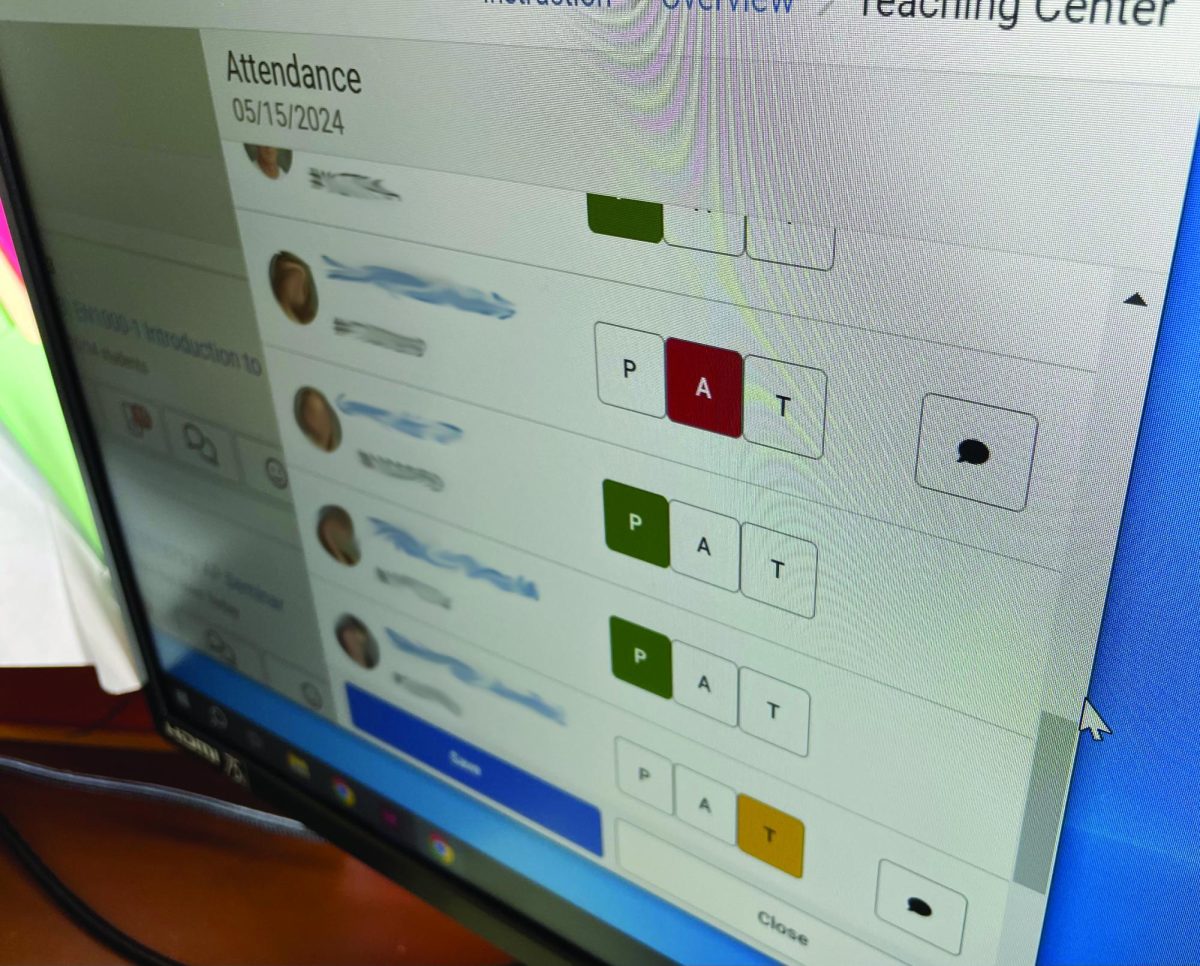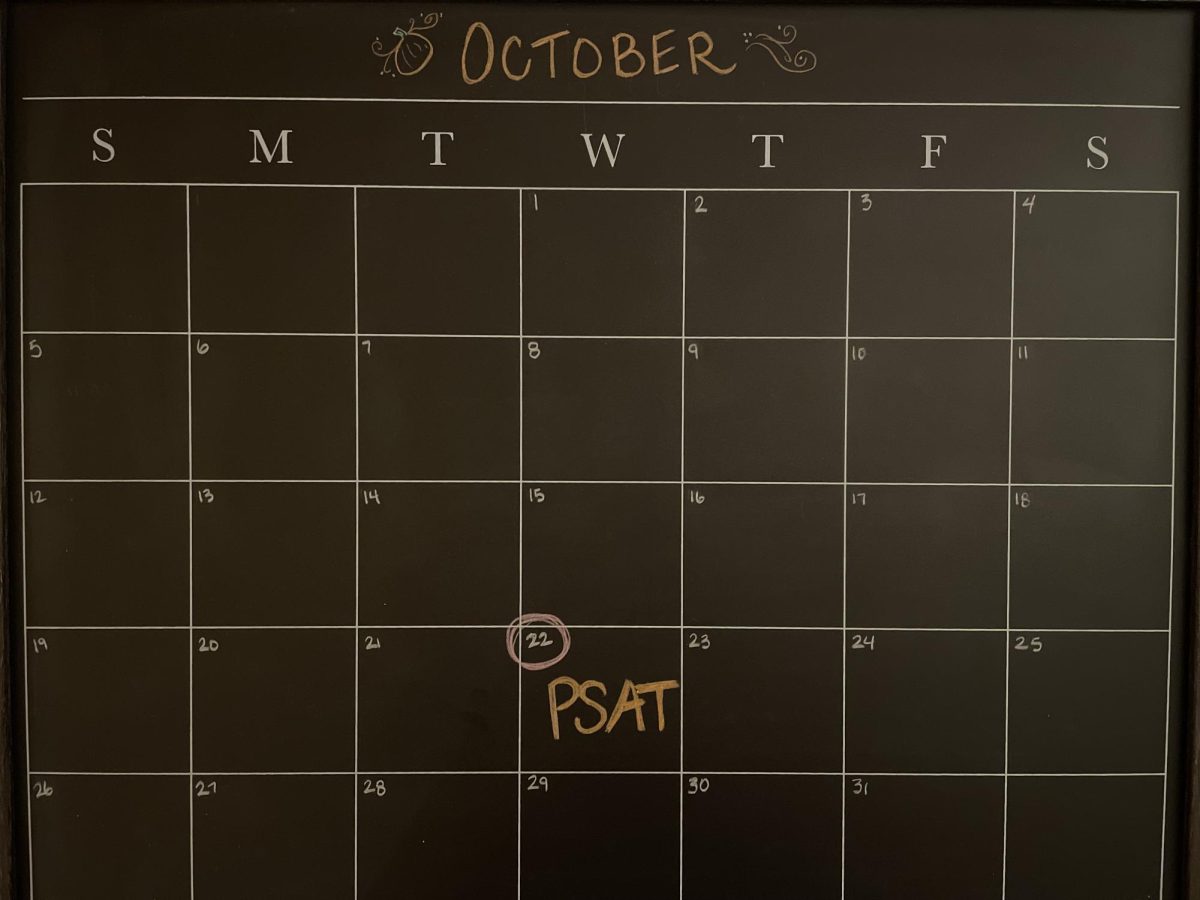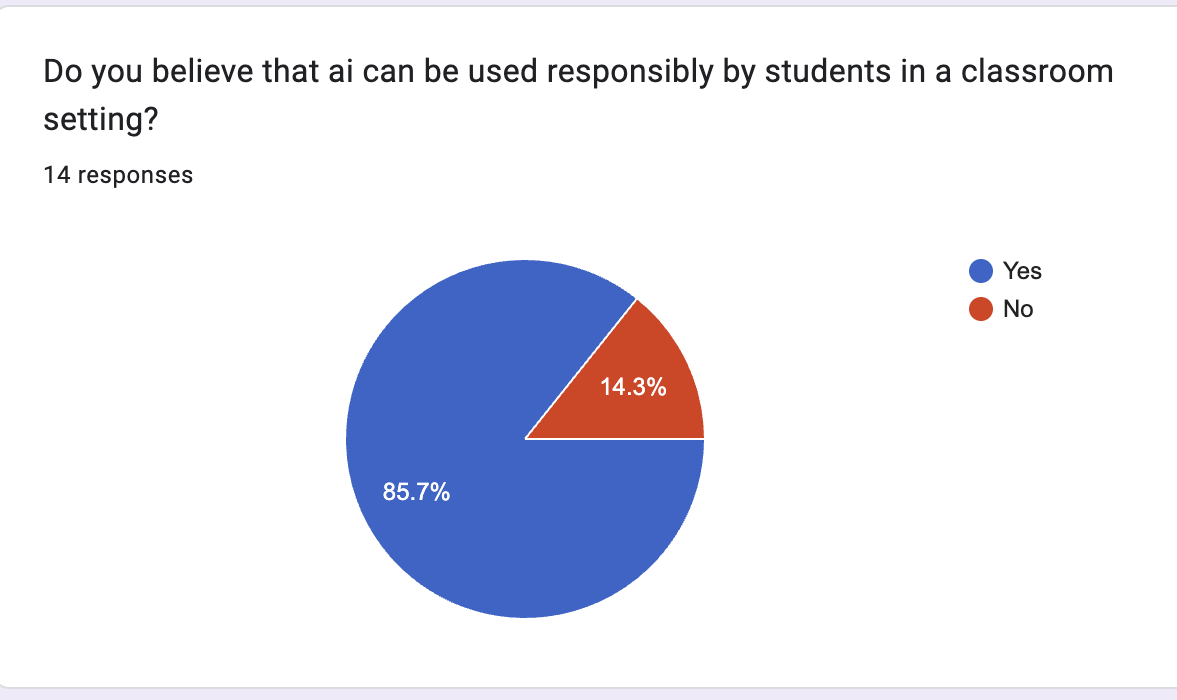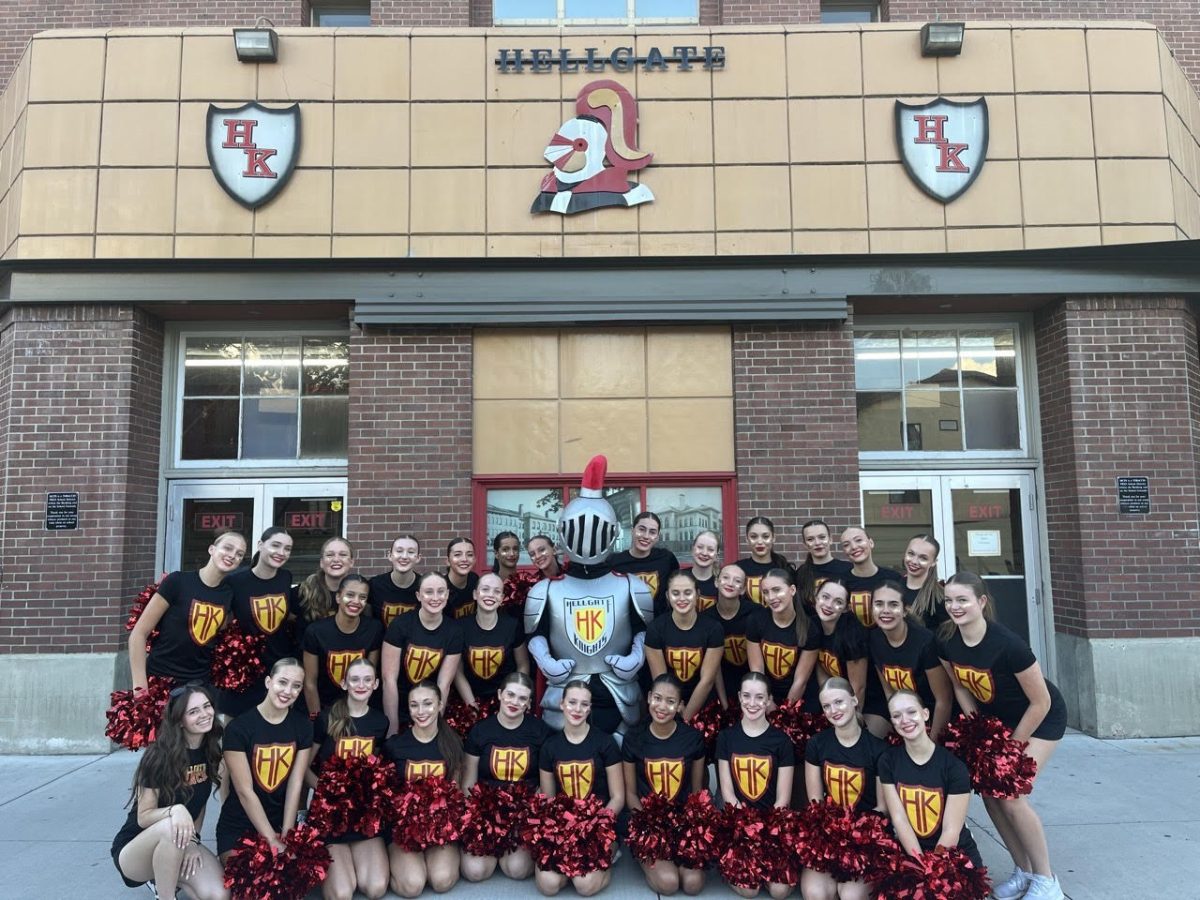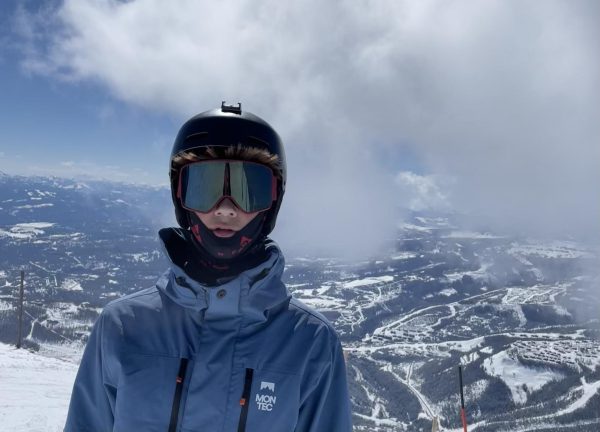Hellgate has a problem with attendance. Ever since students returned from Covid-induced online school, attendance has been lower than it was before the pandemic. Students have been showing up to class less, and being in class is thought of as less of a necessity.
“Covid made classwork so easily accessible online, and if you can do your work online then there’s no reason why you have to go to class everyday,” said freshman Camille Cellier.
Many students share this opinion. Isaiah Hudson, a sophomore, agreed with Cellier, saying, “it’s pretty easy to skip most days of [a class] and still get an A.” Morgan Troutt, a counselor at Hellgate, echoed this. She said that recently, kids figured out that they “can get an A by going to class three times a week instead of five.”
“Education created its own problem,” said Tri Pham, another Hellgate counselor. He said since Covid, teachers have had to put everything on Google Classroom, which lets kids do work on their own time. “It’s also really easy to just get caught on your phone at home all day, and once you’re caught it’s really hard to get back on that accelerator pedal and go back to class,” Pham said.
If you’re skipping class and not getting an A, as has been reflected by Hellgate’s overall attendance and grades, that can be a problem.
Lower attendance can have a lot of consequences for students. On average, there’s a direct correlation between a student’s attendance and their grades. “If I were to pick out a student that doesn’t attend very well, I can tell you they have D’s, F’s, even,” said Troutt. She said there is the occasional outlier, but “for the most part, attendance and grades are directly linked.”
“Somehow, culturally and educationally, we’re very focused on results,” said Pham. “We’re really focused on the grades, percentages, and points, and what we seem to have missed is the process.” Pham said that being in school, in person, with your teachers and classmates, is just as valuable as “clicking turn in.” Pham called these “soft skills”: “showing up, being on time, being prepared, being engaged, all skills you get from being in class in person.” He said that education as a whole has lost that, but individual students really lose it when they don’t show up to class.
Both Pham and Troutt said that change at Hellgate
attendance-wise is coming. “It’s really hard to get the cat back in the bag,” said Troutt. “But we’re trying.”
It’s unclear what these changes will be, but Pham described an attempt to shift the emphasis back to “being in the building… going to class, and that if you miss class, regardless of the reason, you’re going to have to make that up.”
“Your opportunity to do work outside of class is going to be limited,” said Troutt.
When asked how she thought the problem could be solved, Cellier said that there’s almost a lack of accountability from teachers when it comes to enforcing repercussions because of unexcused absences. She said that teachers say that enough unexcused absences means detention, “but I don’t know anyone who’s gotten a detention from missing class, ever. If they don’t want kids to skip, they could actually follow through with that.” Cellier said that if teachers want kids to come to school, they need to proactively do something if kids aren’t coming.
“The problem is complicated… and I don’t know if there’s an easy solution,” said Pham. He said there’s so many factors contributing to student attendance, and it’s hard to tackle all of those at once. Hellgate’s solution is coming next year, and the student body is apprehensive to see what it is.

